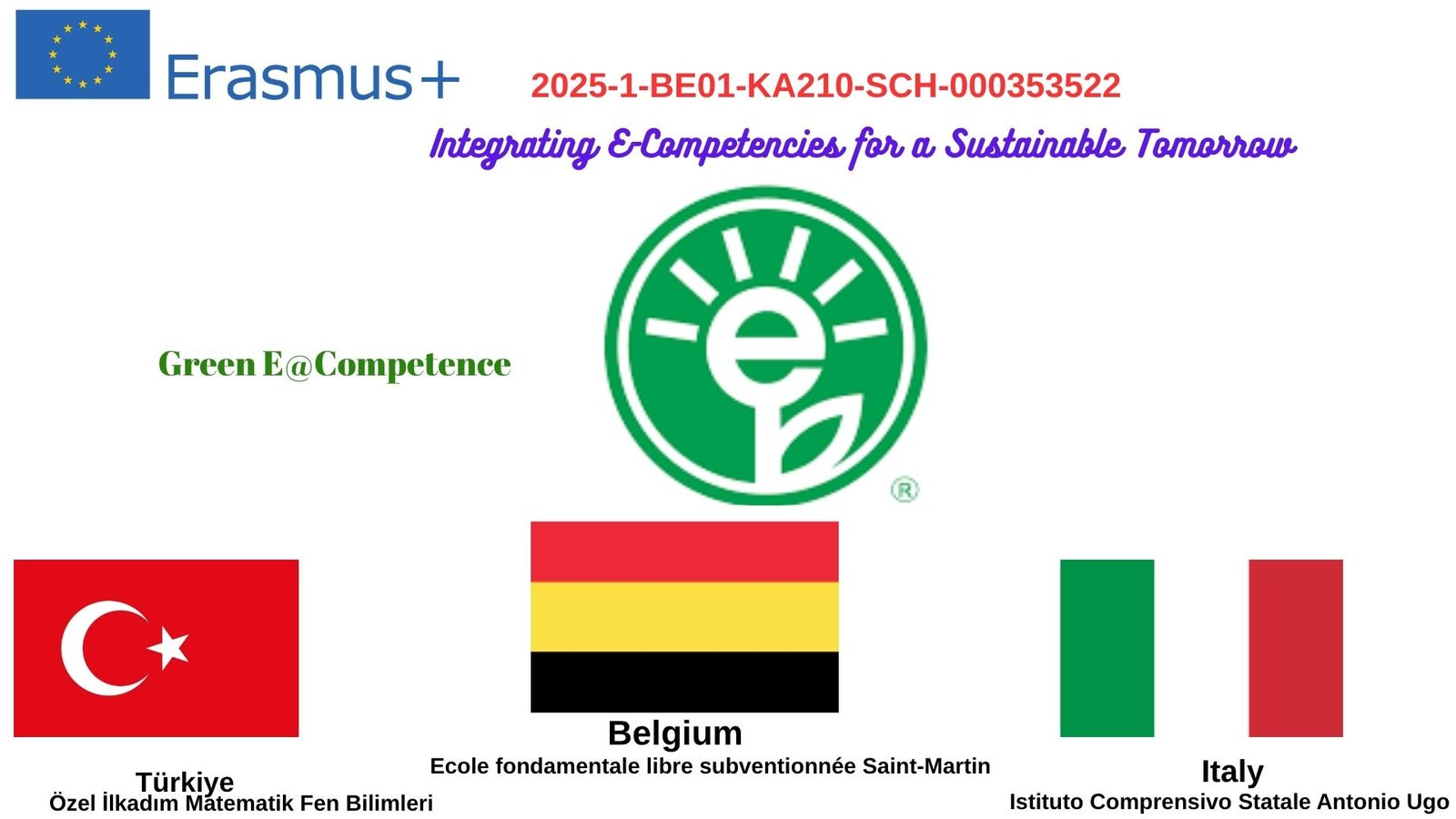Main Objective
As the digital landscape continues to evolve, it is crucial for educational systems to provide learners with essential skills that foster digital literacy. The OECD emphasizes that equipping students with these competencies is vital for their ability to participate fully in today’s society and economy, advocating for comprehensive digital skill development in curricula (OECD, 2020). This project seeks to enhance educators’ and students’ digital skills, ensuring they are prepared for future demands in the workforce.
The call for education systems to address climate change and promote sustainability has never been more pressing. The UNESCO framework for Education for Sustainable Development (ESD) posits that integrating sustainability into educational practices is essential for nurturing responsible global citizens who can address environmental challenges (UNESCO, 2017). By merging digital competencies with art and sport, this project fosters a holistic educational experience that empowers participants to think creatively about sustainability issues.
Engaging in artistic and physical activities has been shown to enhance students’ mental well-being and social skills. The European Commission highlights the importance of cultural and creative education in promoting emotional intelligence, critical thinking, and collaboration among students, which are essential skills for personal and professional success (European Commission, 2018). The Green E@Competence project leverages these insights by integrating art and sports into the educational framework, encouraging students to express themselves and work collaboratively.













